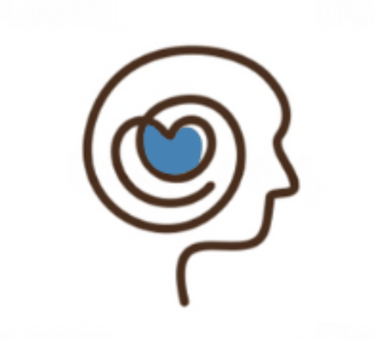Summertime: Is the Living Easy?
It's finally summer break! But how much of a break is it really?


As a high school student, the joy I felt finishing my sophomore year and diving into summer break was immense. Whether you plan to hang out with friends, go on a nice vacation, or simply rest, summer is supposed to be a break from the pressures of classes, extracurriculars, and the stress of being a teenager. Summer can be a great time for many kids, but for some, it can have its highs and lows, just like the rest of the year.
Growing up, our memories of summer break were filled with fun and trips. Summer used to be just that—a break. However, as we got older, the pressures and expectations grew. The pressure to enhance our college applications or support our families and ourselves led many high school students to seek out summer internships, jobs, and even college classes. A Pew Research Center analysis of Bureau of Labor Statistics data shows that compared to teenagers a decade ago, teens aged 15-17 are dedicating more time in the summer to their education, rather than relaxing and unplugging from school. While these activities can be beneficial, they can take away the "break" part of summer if we focus too much on success and hard work, and not enough on enjoying a break from the anxiety of classes and extracurriculars
Another thing summer tends to do is change our routines. During the school year, we have a system that allows us to get up on time, get through the school day, complete our work, and then sleep, ready to repeat it all the next day. Although this routine can feel monotonous, it provides structure. Without this structure, our sleep schedules can be disrupted, which can be chaotic for those who thrive on consistency. Additionally, the longer days and increased daylight hours during summer can throw off our sleep schedules and circadian rhythms. This disruption can lead to increased stress, anxiety, and feelings of depression. To manage this, it's important to maintain a healthy sleep schedule and bedtime routine for good sleep hygiene, which is crucial throughout the year, including summer.
One last factor that can affect our enjoyment of summer is social media. While it can be a great way to keep up with friends, it can also create feelings of envy. We see the amazing things others are doing—often unrealistic and idealized versions of endless fun—and we want to do those things too. This feeling is known as FOMO, or the fear of missing out. Comparing ourselves to others can lead to negative self-esteem and a decrease in self-worth.
Personally, as much as I love spending my summer connecting with friends and binge-watching my favorite TV shows, I'm not traveling to different states or countries like some of my peers. While I'm happy for them, I'd love to be relaxing in Hawaii or seeing a Broadway musical in New York City. FOMO isn’t easy to get rid of, but it’s important to live in the moment and enjoy what we’re doing now. Even though someone else may be enjoying something we want to do someday, we’re still having fun in our own way. As long as you’re enjoying your free time this summer, that’s what matters.
No matter what you do this summer, the season is a time to laugh, have fun, and most importantly, relax. Even with summer classes, jobs, and internships, make sure to take time to enjoy the 2-3 month break. It's called Summer Break for a reason, so after an intense school year, let's make sure to take the break we all deserve.
References:
https://adaa.org/learn-from-us/from-the-experts/blog-posts/consumer/myth-carefree-summer https://www.anteloperecovery.com/the-ups-and-downs-of-summer-a-parents-guide-to-teen-mental-health/#:~:text=Longer%20days%20and%20more%20hours,to%20promote%20better%20mental%20health.
https://www.child-focus.org/news/how-summer-can-affect-our-mental-health/
